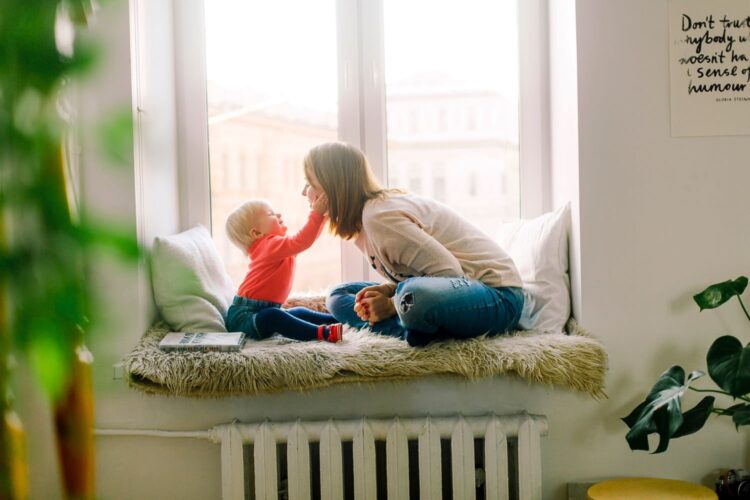
How Does Your Family Influence You?
The first relationship any child will form is usually with the members of their nuclear family. A family is the source of all the basic lessons a child needs to learn to create positive connections with other people. But how does your family influence you? Have you asked yourself this question before?
A positive family environment will help a child have the right emotional, mental, and physical development while a toxic environment may affect them even as an adult. Often, parents refer to past relationships with their parents as a blueprint for forming relationships with their kids.
Understandably, there are some aspects you may want to mimic and others you’d wish to ignore since they encouraged negative family relationships. You might not realize that the dynamics of your relationship with your parents in the past have an impact on you as an adult. And the results could either be positive or negative.
According to numerous studies, family relationships have a significant impact on people throughout their entire lives. This is especially true for relationships formed in the formative years. The family influences you’re exposed to as a child can shape who you are as an adult.
Therefore, the way you want to direct your family influence will result from things you want your children to experience or avoid.
To answer the question, how does your family influence you, we have to look at the different influences and see how the connection formed.
Physical Health

When a child has positive family relationships, the influence is evident in the healthy choices regarding their physical health. Teenagers with positive relationships are more likely to join and enjoy games for youth groups with their peers. On the other hand, a toxic environment could lead to poor impulse control, risky behaviors, and overeating in adulthood.
Mental Health
The development of nonverbal and verbal communication at infancy starts with a primary caregiver or the mother. Its foundation is built within the first three months of life. It is vital to show a child love and attention to build future positive relationships during this time.
The family dynamics within the home and the relationships they are privy to will help them discover the kind of person they are. If there’s a lack of strong family ties, a child is more prone to having mental health issues later in life. During youth, a child needs to have an unshakeable support system. This allows them to have a sense of belonging, purpose, and meaning.
Emotional Health
As we said initially, you expose a child to relationships through interaction with members of their family. This includes their siblings. When exposed to positive sibling relationships, the child learns how to relate with other children, play, share, and trust others.
If there’s too much sibling rivalry in the sense that children are always in competition for a parent’s attention and affection, they can carry the effects throughout their life. Being the eldest, middle, or youngest child impacts a child’s characteristics and behavior as an adult.
If a child comes from a broken family, they may make poor emotional decisions, develop trust issues, resort to bullying, and even suffer from depression later in life. You may need to try the benefits of faith-based counseling if you find that your child is going through such emotional issues.
Conclusion

You now have a clear understanding of your question, “how does your family influence you.” Strong family bonds are created by spending quality time together, having a reliable support system, and showing love towards our children.
Regardless of how small behavior seems, its effects – either negative or positive- will impact the relationships we have with our children.



